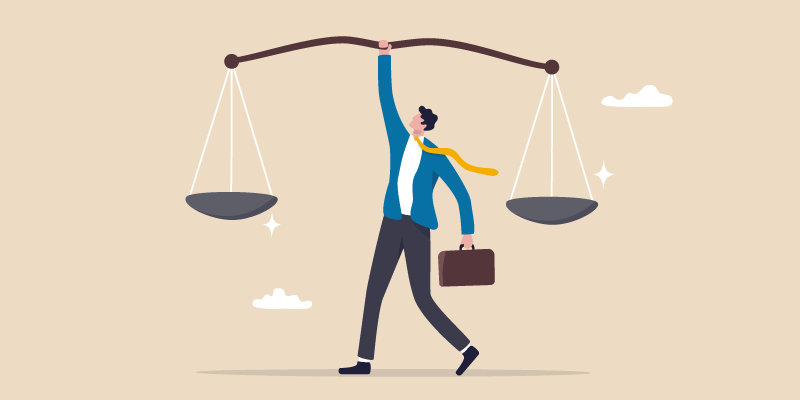Question submission date: November 2022
Full Question: “I’m self-employed and my income has increased – would I pay less tax working through a Limited Company?”
The answer depends very much on the profits that your business is making – as a benchmark, we tend to recommend that if your profits are expected to exceed £30,000 then switching from sole trader to limited company will most likely be more tax efficient.
Many people think that switching from self-employed to a limited company (and indeed, the reverse of this) will be a headache but it’s a straight-forward process. The key is knowing when the right time is to switch so that it works to your advantage.
Sole traders pay Income Tax on profits and classes 2 and 4 National Insurance whereas limited companies pay Corporation Tax on profits, and this is charged at a lower rate than Income Tax and there is no National Insurance. Consequently (although this can vary depending on the business you are in), limited companies are usually more tax efficient with sole traders paying 20-45% income tax on profit and limited companies paying 19% corporation tax.
What’s more, as a limited company you can pay yourself through a combination of salary and dividend which can be the most tax efficient combination. This is beneficial because you don’t pay national insurance on dividends but taking a small salary will automatically trigger a national insurance record for your state pension.
Maximising takes home pay and reducing tax bills where possible is what most of us aim for, so if you’re earning around the benchmark previously noted, £30,000, it’s time to talk to your accountant as chances are you would indeed pay less tax if you switched to a limited company.


